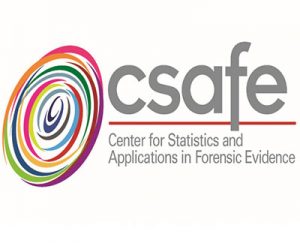In 2007, petitioner Holland voluntarily provided a DNA sample to law enforcement officials to help them investigate a crime in which petitioner’s brother was a suspect. Holland was thereby connected to a 2001 sexual assault cold case. The victim was an elderly woman who had since passed away. She had reported the forced oral sex to her daughter, who called 911. The victim’s underwear was found to have sperm on it and was taken into evidence. When confronted with the DNA match in 2007, Holland claimed that the encounter was consensual.
While two DNA experts testified at trial, neither of the experts had actually conducted the analysis in the particular case. The defendant objected to their testimony under the Confrontation Clause, but his objection was overruled and the petitioner was convicted in May 2009.
//ja.next.westlaw.com/StaticContent_29.3.1007/Platform/js/v1/RelatedInfo/KeyCite/FlagInfo.js


Leave a Reply